SEO Test - Website SEO Analysis
This analysis will generate the following report:
On-Page SEO
- Title
- Description
- Content.
- Page.
- URL.
- H1, H2, H3 tags.
- Meta tags
- Images
- Permalinks
- Placement in meta tag
- Title Length/ post title length
- Keyword Stuffing in Description
- Page Load Time
- Sitemap
- Robots file
- Google Analytics
- Final SEO Score
Off-Page SEO
- Inbound Links (Back Links)
- Indexed Links
- Related and opportunities keywords
- keyword Difficulty
- URL and Domain Authority
- Domain Age
- Alexa Rank
- Majestic trust flow & citation flow
- Social Share
Website SEO Checker: Your Comprehensive Guide to Improving Website Performance
Using a website SEO checker is essential for optimizing your site's performance in search engines. With tools like the free SEO website checker, you can analyze your site's structure, content, and backlinks to ensure it ranks higher on search engines like Google, Bing, and Yahoo. Whether you're looking to check SEO website issues, audit SEO, or track your website SEO status, the right tools can make all the difference in achieving your SEO goals.
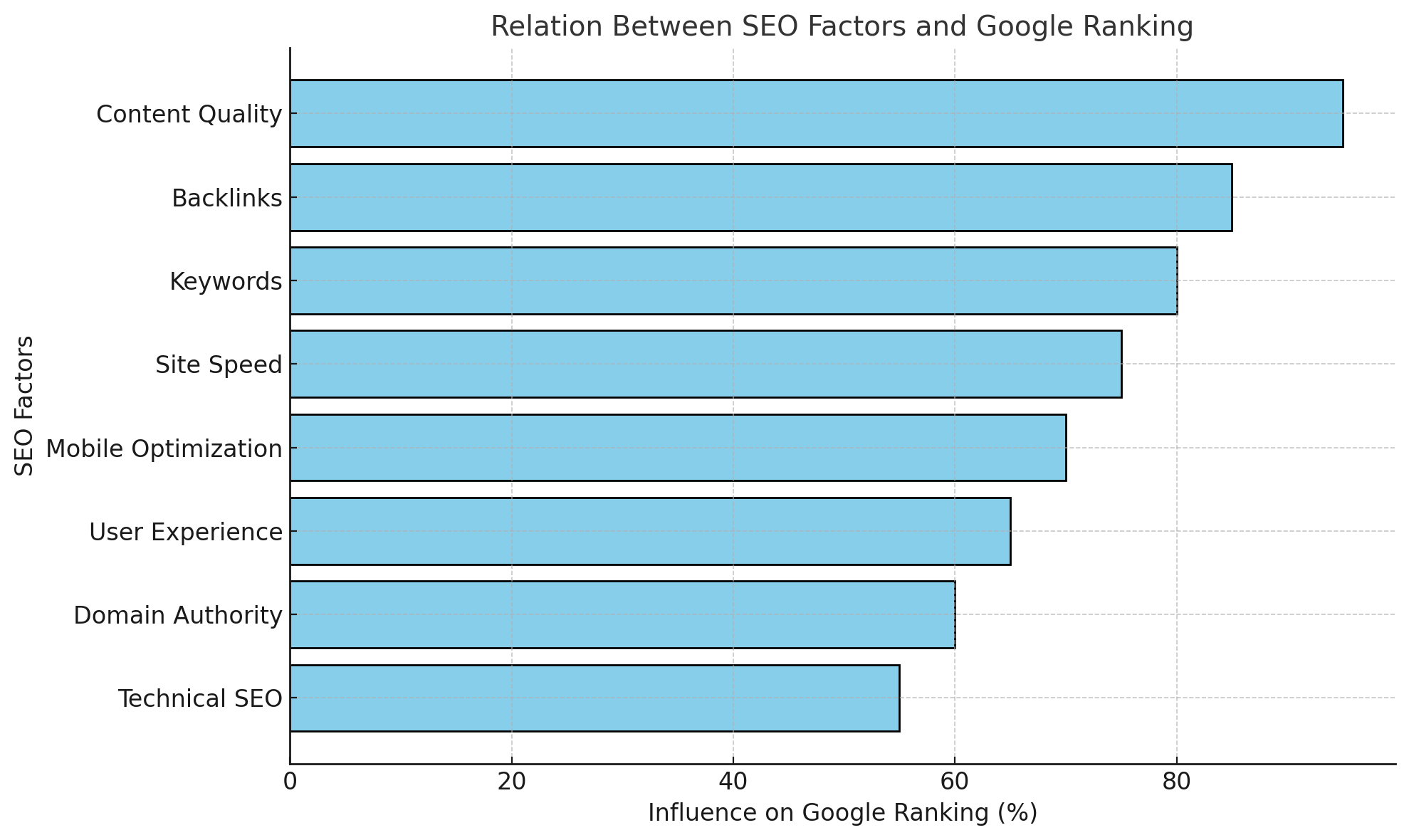
What is a Website SEO Checker?
A website SEO checker is an advanced tool that evaluates your website's SEO performance. It helps you identify technical issues, optimize on-page elements, and improve overall rankings. From analyzing page SEO checkup to ensuring your site meets the standards for search engine algorithms, tools like the website SEO checker are indispensable for anyone serious about online success.
Whether you're looking to check my website SEO, evaluate your SEO website check, or analyze your competitors' strategies, using a website SEO checker simplifies the process.
Why Do You Need a Website SEO Checker?
Search engines prioritize websites that provide a seamless user experience and follow SEO best practices. Here are some reasons why a website SEO checker is crucial:
- Identify Technical SEO Issues: A website SEO checker helps you detect problems like broken links, slow page load times, and missing meta tags.
- Optimize Content for Search Engines: Using tools like the free website SEO checker, you can ensure your content is engaging and optimized for relevant keywords.
- Track Keyword Rankings: Tools like the SEO website rank checker allow you to monitor your website's keyword rankings and adjust your strategy accordingly.
- Perform Comprehensive Site Audits: Wondering, "Can I run a site audit on any website?" Yes, a website SEO checker allows you to perform detailed audits to improve your site's performance.
- Enhance User Experience: A website SEO check ensures your site is mobile-friendly, fast, and easy to navigate, which are all critical for SEO success.
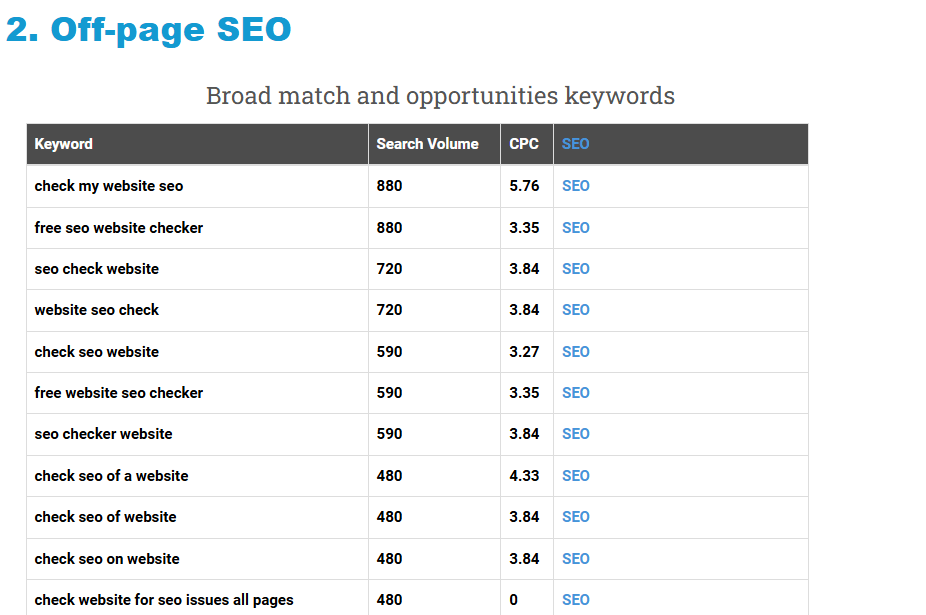
Features of a Website SEO Checker
A website SEO checker offers a variety of features to help you optimize your site effectively. Here’s a breakdown of the key features:
1. Comprehensive SEO Audits
With a website SEO checker, you can perform a full audit of your website, analyzing everything from meta tags to page speed. Whether you’re looking to check SEO of a website or analyze the SEO check website status, this tool provides detailed insights.
2. Keyword Analysis and Optimization
Keywords are the foundation of SEO. The website SEO checker evaluates keyword density, ensuring your target phrases like "free SEO website checker" and "SEO check for my website" are used effectively.
3. Backlink Analysis
Backlinks are a critical ranking factor. Using a website SEO checker, you can analyze your backlink profile, including metrics like quality, relevance, and SEO check of website links.
4. Page Performance Analysis
From load times to mobile responsiveness, the website SEO checker evaluates page performance. Tools like page SEO checker ensure your site is optimized for both users and search engines.
5. Competitor Analysis
Stay ahead of your competition by using a website SEO checker to analyze their strategies. Discover their top-performing keywords, backlinks, and content strategies.
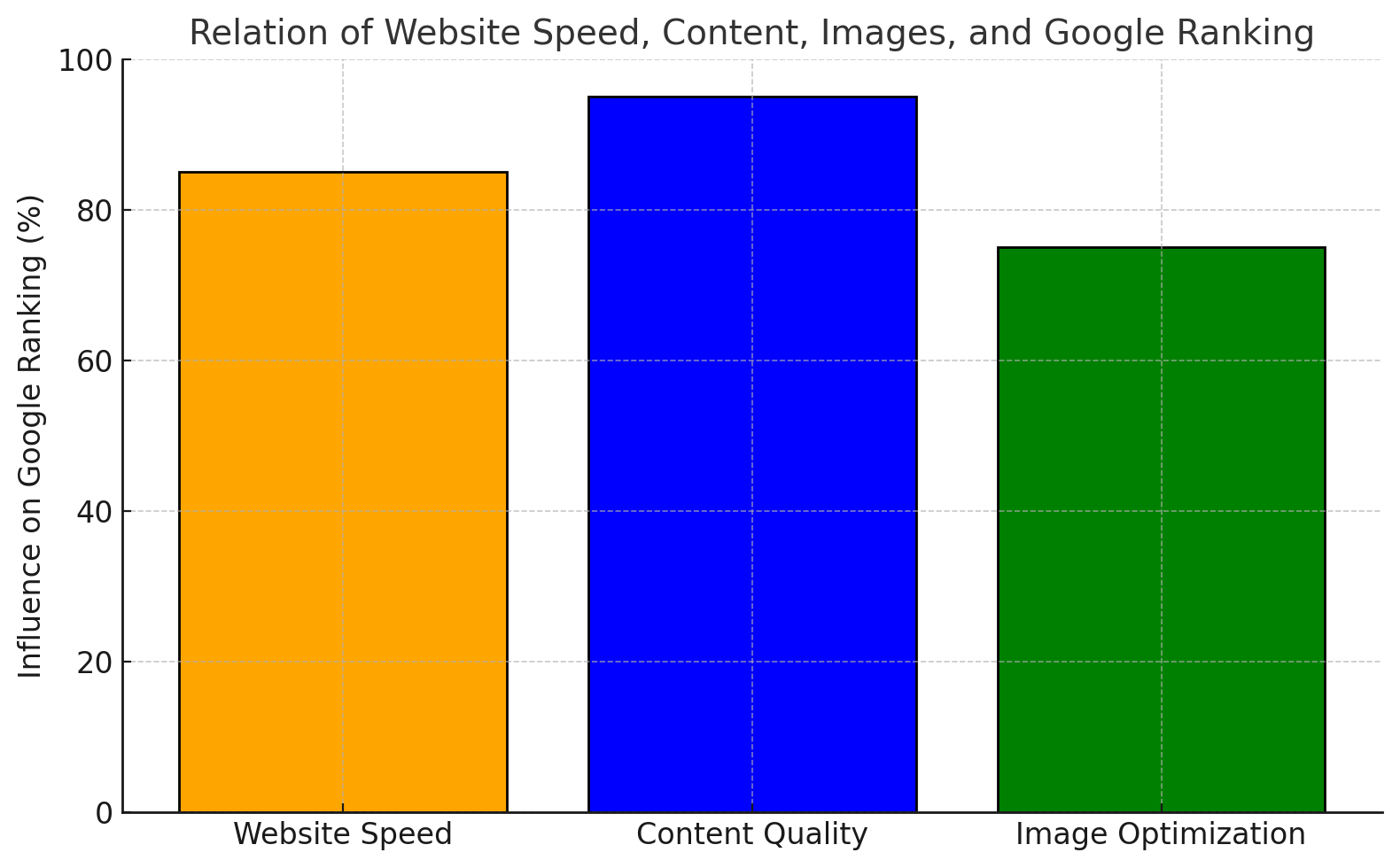
Benefits of Using a Website SEO Checker
- Save Time and Resources: A website SEO checker automates complex tasks like keyword research and site audits.
- Boost Organic Traffic: By optimizing your site using tools like the free SEO website checker, you can attract more visitors without relying on paid ads.
- Improve User Engagement: Use the SEO website check feature to ensure your site is fast, mobile-friendly, and easy to navigate.
- Track SEO Progress: Tools like the SEO website rank checker allow you to monitor your site's performance over time.
- Actionable Insights: Get clear recommendations for improving your site's SEO.
How to Use a Website SEO Checker
Here’s a step-by-step guide to using a website SEO checker:
Step 1: Enter Your URL
Start by entering your website's URL into the SEO checker website tool. Whether you're using a free website SEO checker or a premium tool, the process is straightforward.
Step 2: Perform a Comprehensive Audit
Use the SEO check website feature to analyze your site's structure, content, and backlinks. The check website for SEO issues all pages tool ensures every page is optimized.
Step 3: Analyze the Results
Review the insights provided by the website SEO checker. Look for issues like missing meta descriptions, slow load times, and broken links.
Step 4: Implement Recommendations
Follow the recommendations provided by the SEO website check tool to improve your site's performance.
Step 5: Monitor Progress
Regularly use the check my website SEO ranking feature to track your progress and make adjustments as needed.
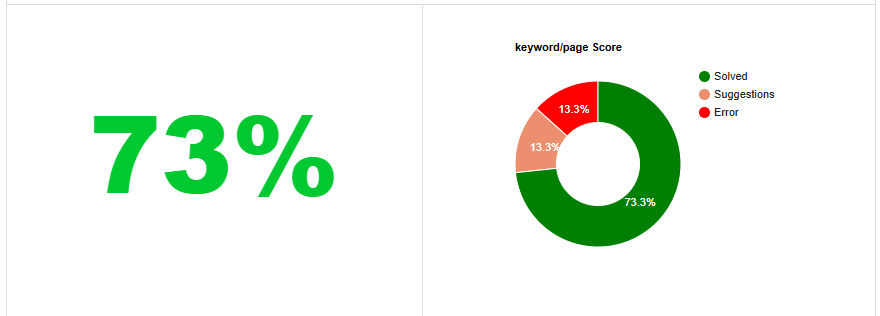
Common Issues Detected by a Website SEO Checker
A website SEO checker can identify a wide range of issues that may be affecting your site’s performance, including:
- Missing Meta Tags: Tools like the free SEO website checker ensure your meta tags are optimized for keywords like "SEO checker website."
- Slow Page Load Times: Use the page SEO checkup feature to identify elements slowing down your site.
- Broken Links: The check a website feature helps you find and fix broken links.
- Duplicate Content: A website SEO checker ensures your content is unique and free from plagiarism.
- Poor Mobile Responsiveness: The SEO website check tool ensures your site performs well on all devices.
Advanced SEO Strategies with a Website SEO Checker
A website SEO checker is not just for beginners. Here’s how advanced users can leverage it:
- Track Competitor Rankings: Use the check ranking of website feature to monitor competitors' SEO performance.
- Analyze Backlink Quality: Evaluate your backlink profile with the audit SEO feature to ensure high-quality links.
- Optimize for Voice Search: Use tools like search engine optimization checker to optimize for voice search queries.
Tools and Features Available on WebsiteSEOChecker.com
At website SEO checker, we provide a range of tools to help you optimize your site, including:
- Domain Authority Checker: Evaluate your site's authority and identify areas for improvement.
- Backlink Analyzer: Analyze the quality and relevance of your backlinks.
- Keyword Density Checker: Ensure your target keywords are used effectively.
Frequently Asked Questions About Website SEO Checkers
1. What is a Website SEO Checker?
A website SEO checker is a tool that analyzes your site’s SEO performance and provides actionable insights.
2. Can I Use a Website SEO Checker for Free?
Yes, tools like the free SEO website checker offer basic features at no cost.
3. How Often Should I Use a Website SEO Checker?
Regularly use the SEO website check tool to monitor your site’s performance and address issues promptly.
4. Is Keyword Density Important for SEO?
Yes, the website SEO checker ensures your keyword density is optimized without overstuffing.
5. Can I Check a Competitor’s Website SEO?
Yes, use the check a websites SEO feature to analyze competitors’ strategies.
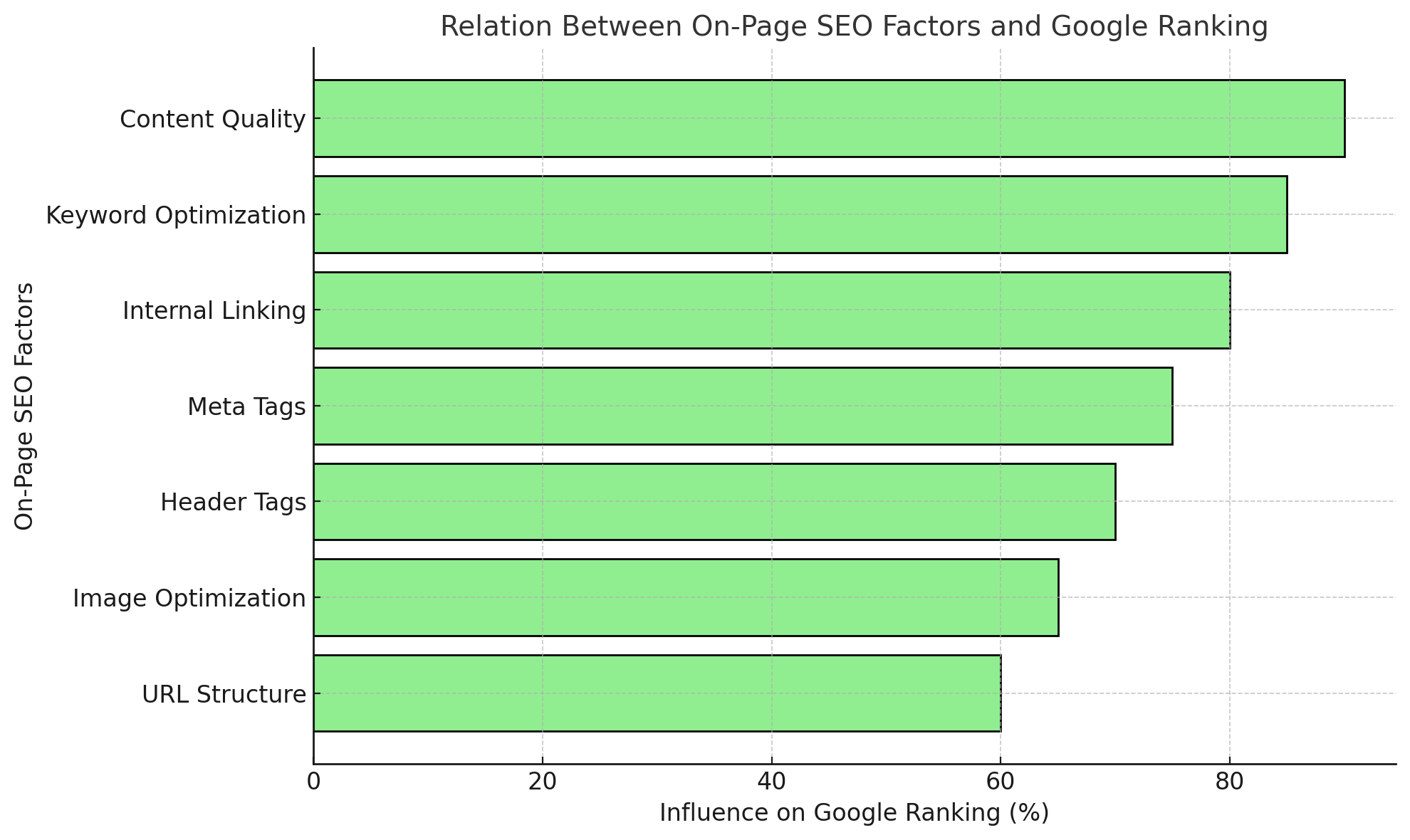
Website SEO Analysis and Ranking
In today's competitive digital landscape, understanding how your website performs in search engines is crucial for online success. A comprehensive SEO checker provides invaluable insights into your site's visibility, helping you identify opportunities for improvement and growth. Whether you're a small business owner or a digital marketing professional, utilizing the right SEO tools can make all the difference in achieving higher search rankings.
A reliable website SEO checker serves as your first line of defense against poor search performance. These tools perform an in-depth SEO analysis of your web pages, examining critical factors such as meta tags, content quality, mobile responsiveness, and page speed. When you check SEO regularly, you gain a clear understanding of what's working and what needs attention. Many businesses start with a free SEO checker to establish a baseline before investing in premium solutions.
Understanding your seo ranking is essential for tracking progress over time. A SEO ranking checker monitors your position for target keywords across major search engines, particularly Google. By conducting a regular seo rank check, you can measure the impact of your optimization efforts and adjust your strategy accordingly. The best website ranking checker tools provide historical data, allowing you to spot trends and patterns in your search performance.
Comprehensive On-Page SEO Evaluation
An effective on page SEO checker goes beyond surface-level metrics to examine the technical elements that search engines use to evaluate your content. This includes analyzing header tags, keyword density, internal linking structure, and image optimization. When you perform a thorough website SEO check, you're essentially conducting a technical audit that reveals hidden issues affecting your search visibility. Tools like SEO Site Checkup provide detailed reports highlighting areas that need immediate attention.
Your SEO score is a quantifiable measure of how well your website adheres to search engine best practices. A robust SEO analyzer calculates this score by evaluating dozens of ranking factors simultaneously. This comprehensive website SEO analysis typically includes assessments of both technical SEO and content quality, giving you a holistic view of your site's health. The seo test results often come with actionable recommendations that you can implement immediately.
For businesses operating on tight budgets, free SEO tools offer an excellent starting point. These free SEO analysis platforms provide essential functionality without requiring a financial commitment. A Google SEO checker can be particularly valuable since it helps you optimize specifically for the world's most popular search engine. Many SEO checker online tools offer real-time analysis, allowing you to test changes instantly and see how they impact your website SEO performance.
Regular monitoring through a site SEO checker ensures your website remains competitive in search results. Whether you use a simple SEO page checker or a comprehensive website SEO report generator, consistency is key. By making SEO testing a routine part of your digital strategy, you'll stay ahead of algorithm updates and maintain strong organic visibility that drives qualified traffic to your site.
Conclusion
A website SEO checker is an indispensable tool for anyone looking to improve their site's performance in search engines. From analyzing keywords and backlinks to performing comprehensive audits, tools like the free SEO website checker make SEO accessible to everyone. Whether you're a beginner or an expert, leveraging a website SEO checker will help you achieve your digital marketing goals.
